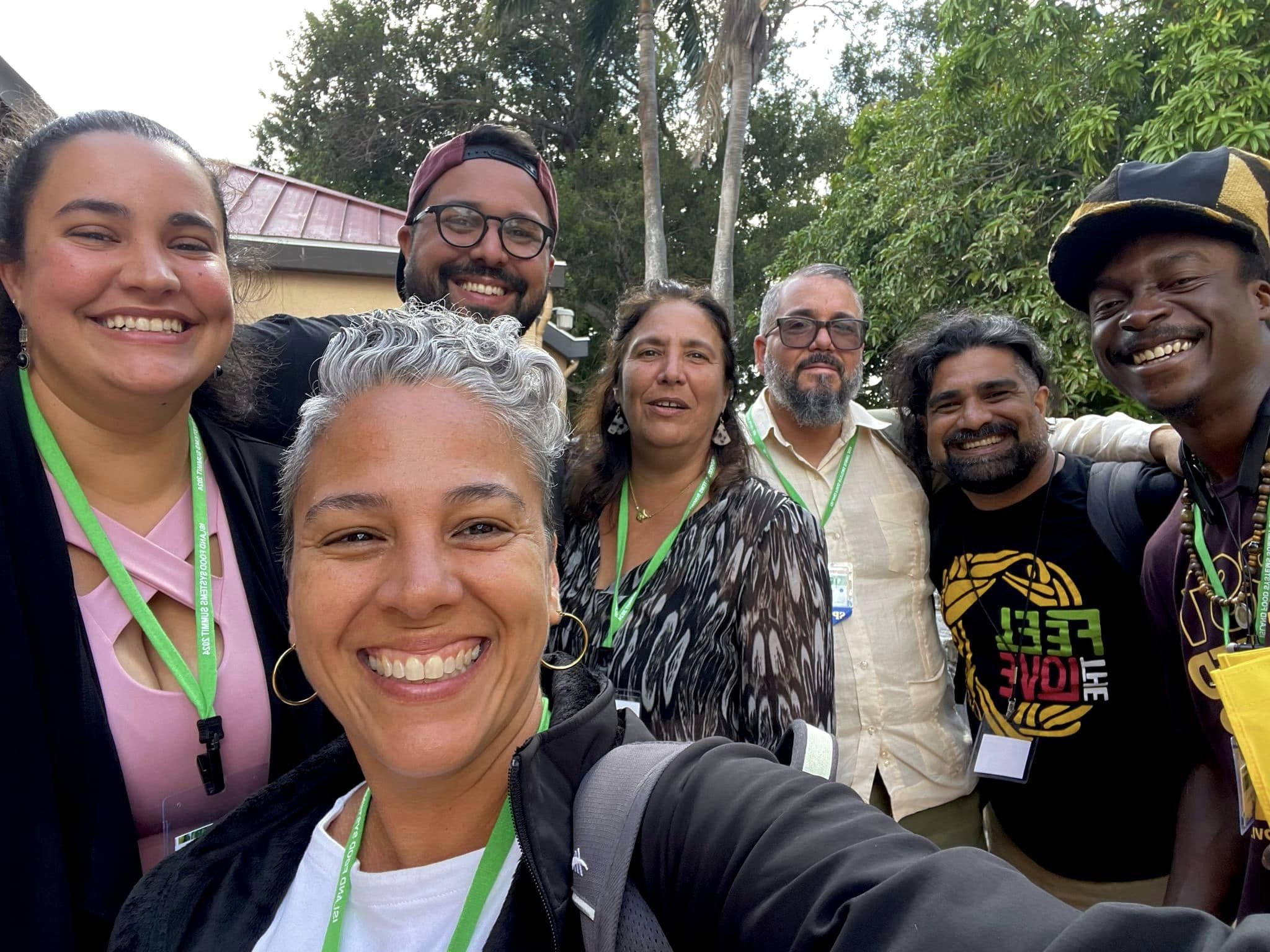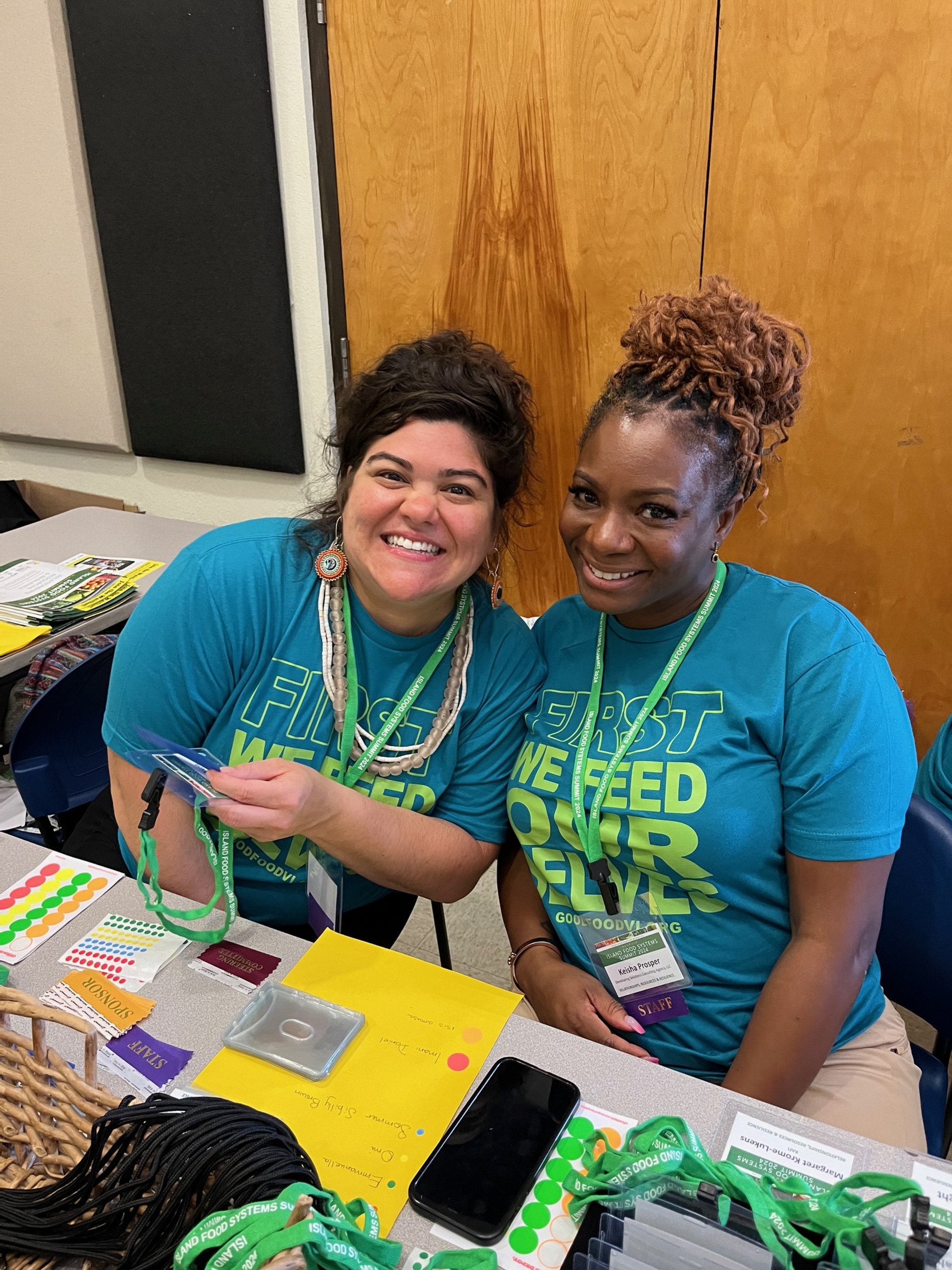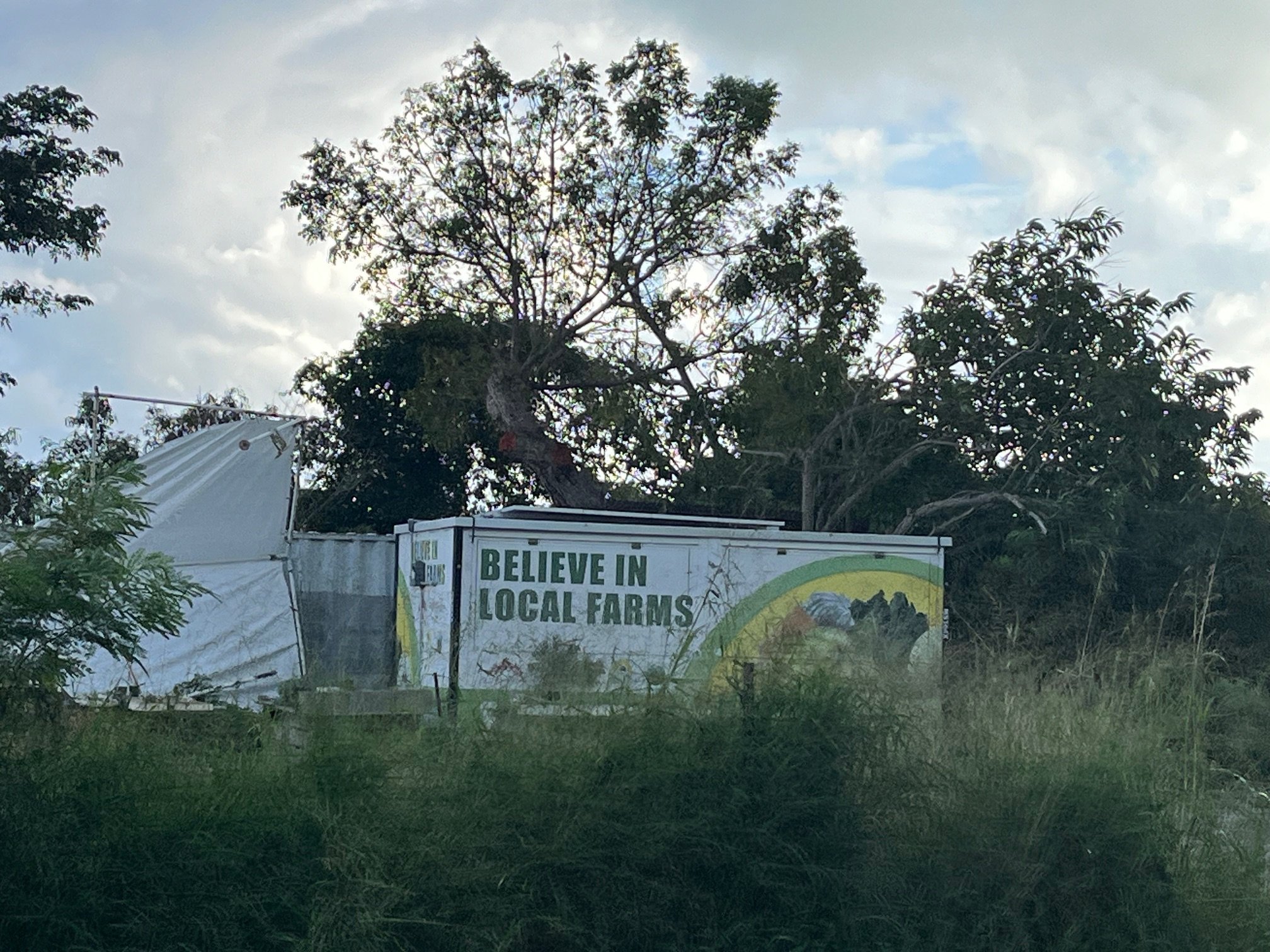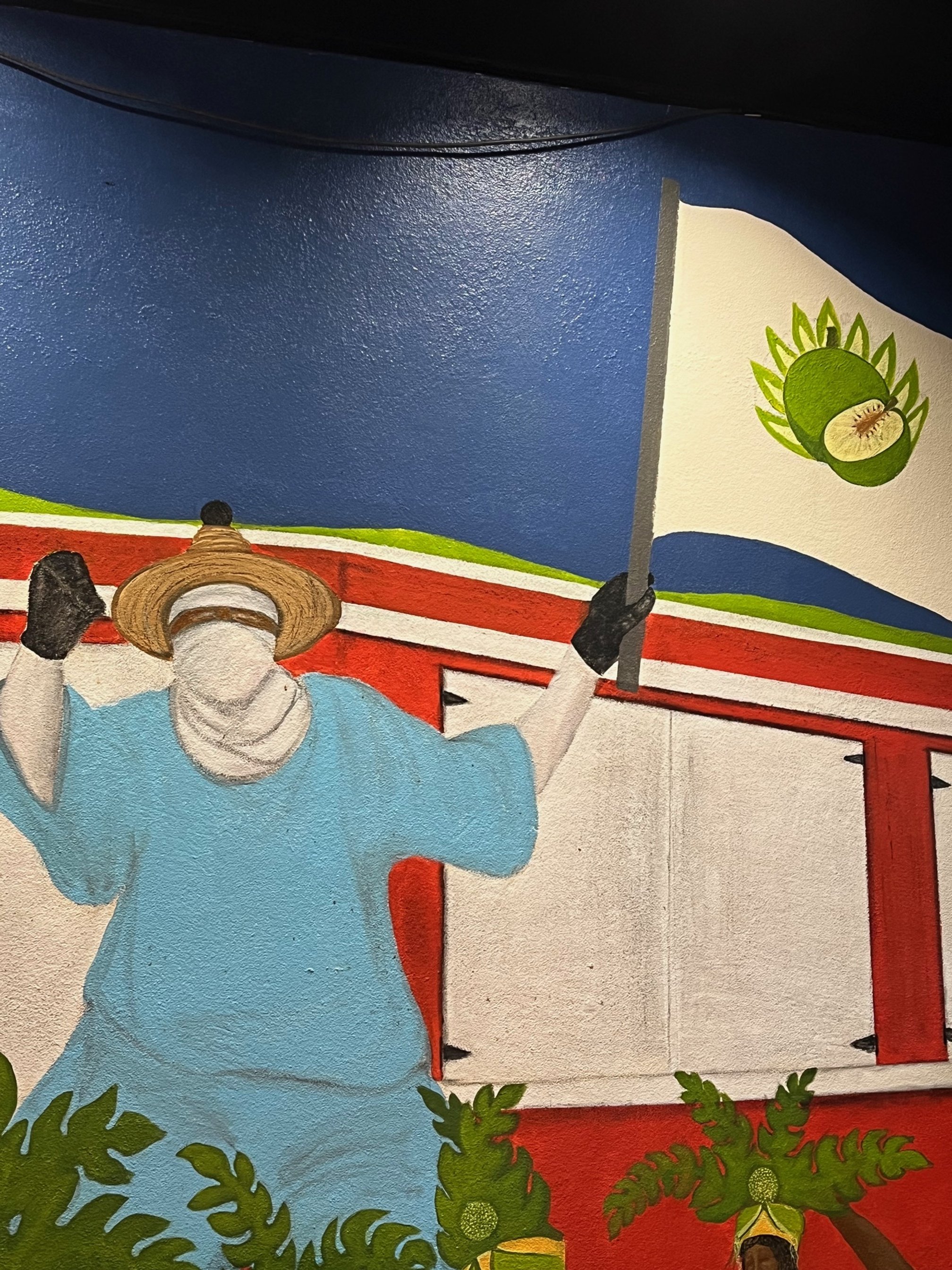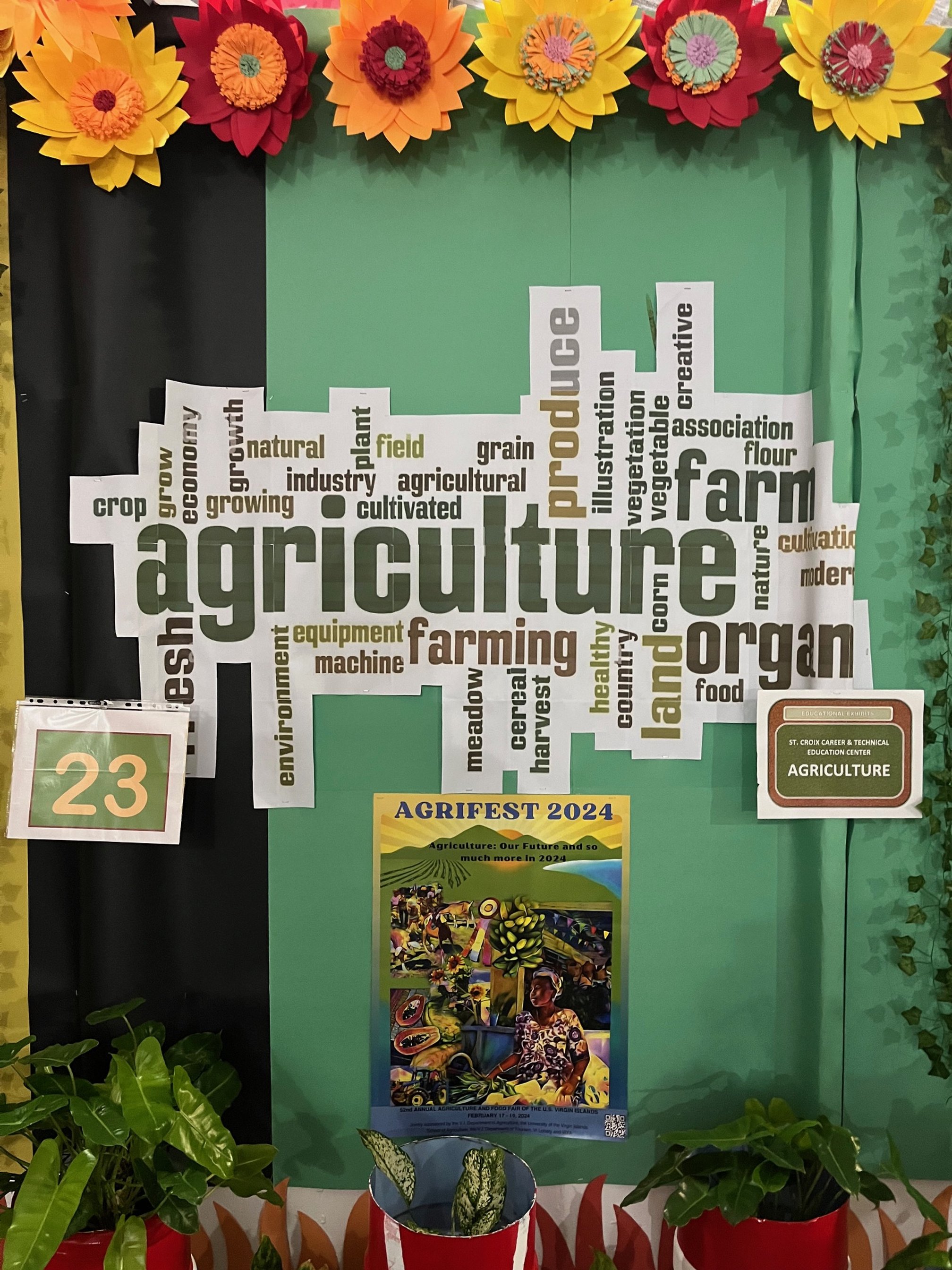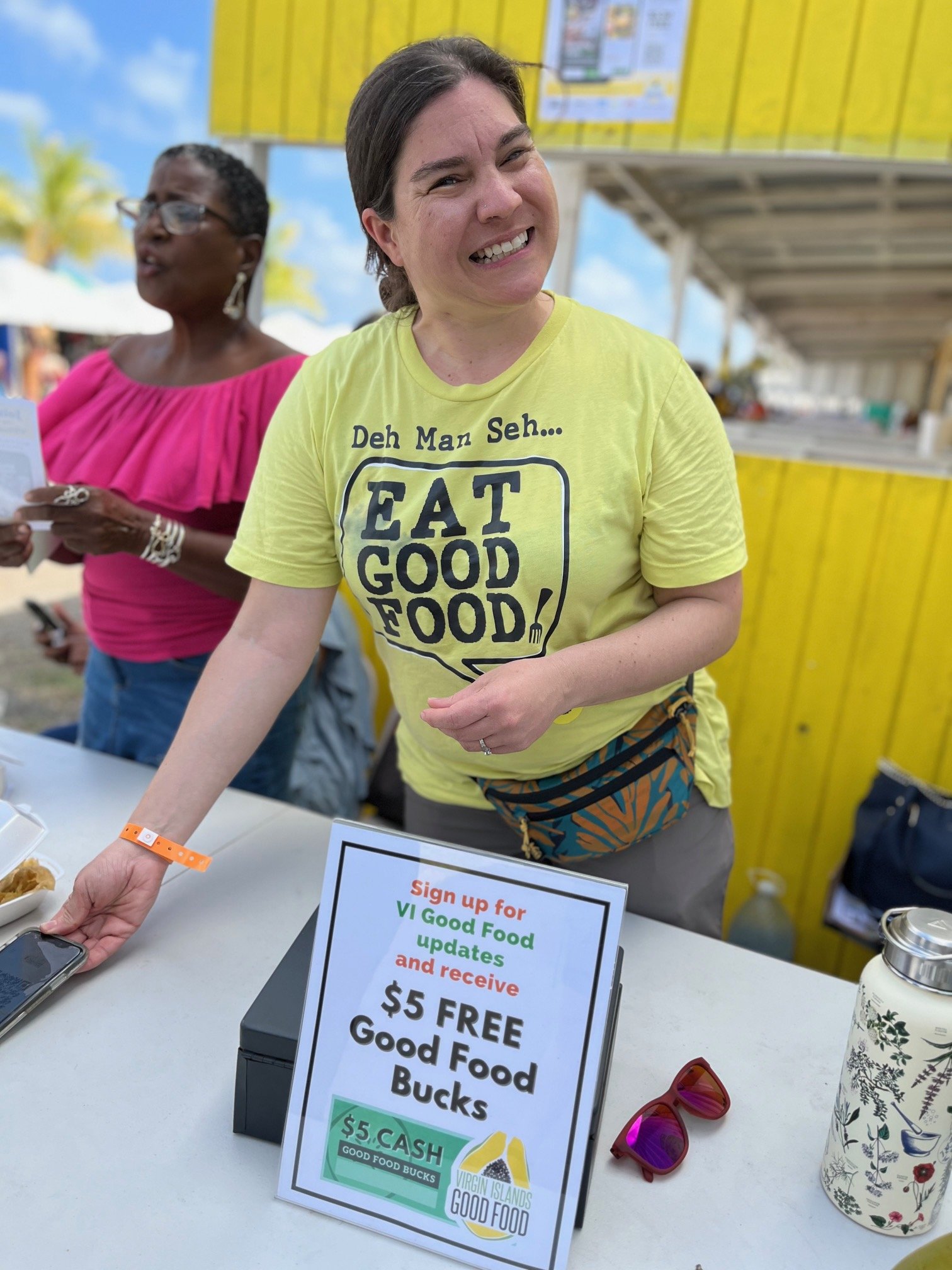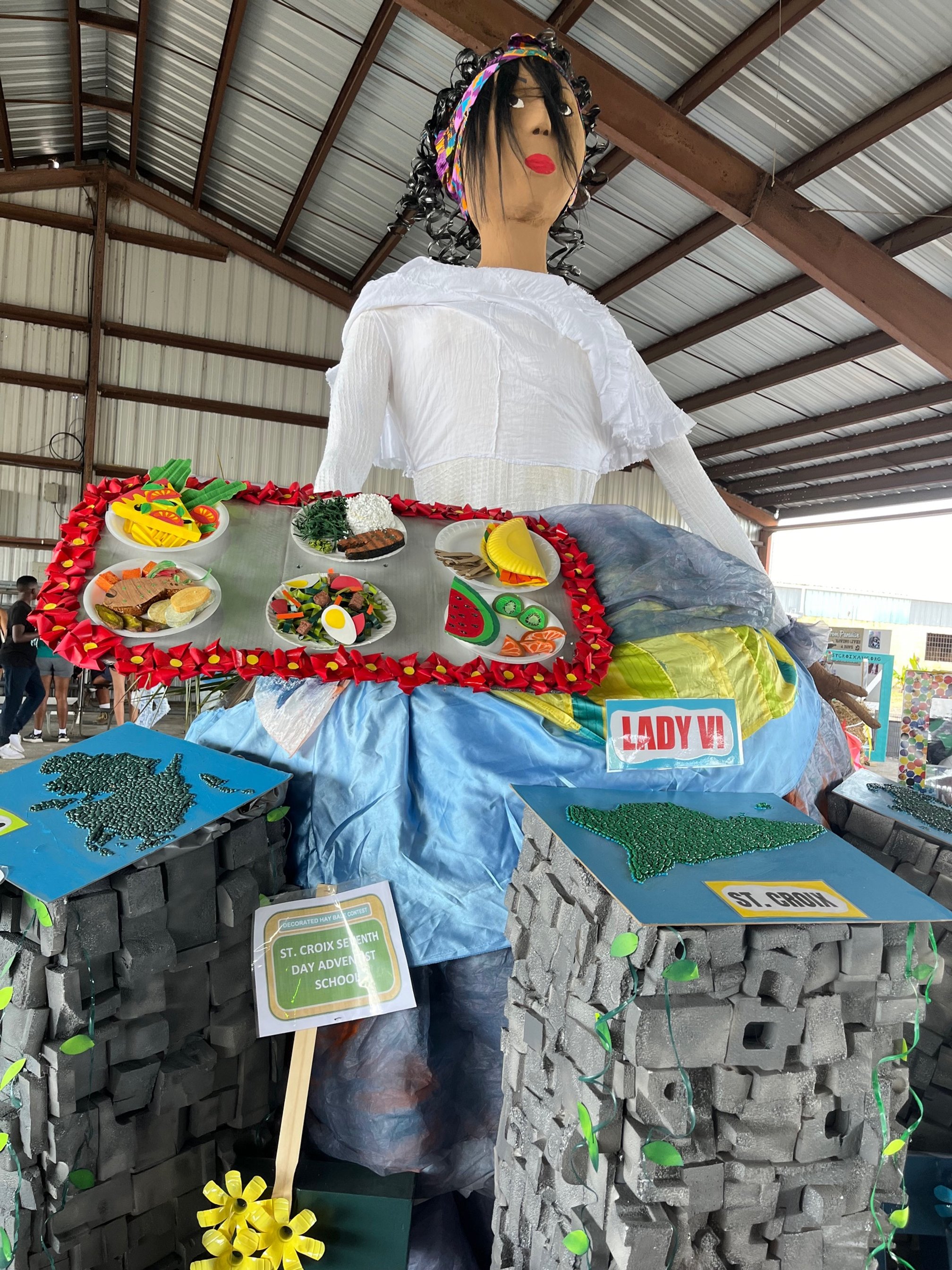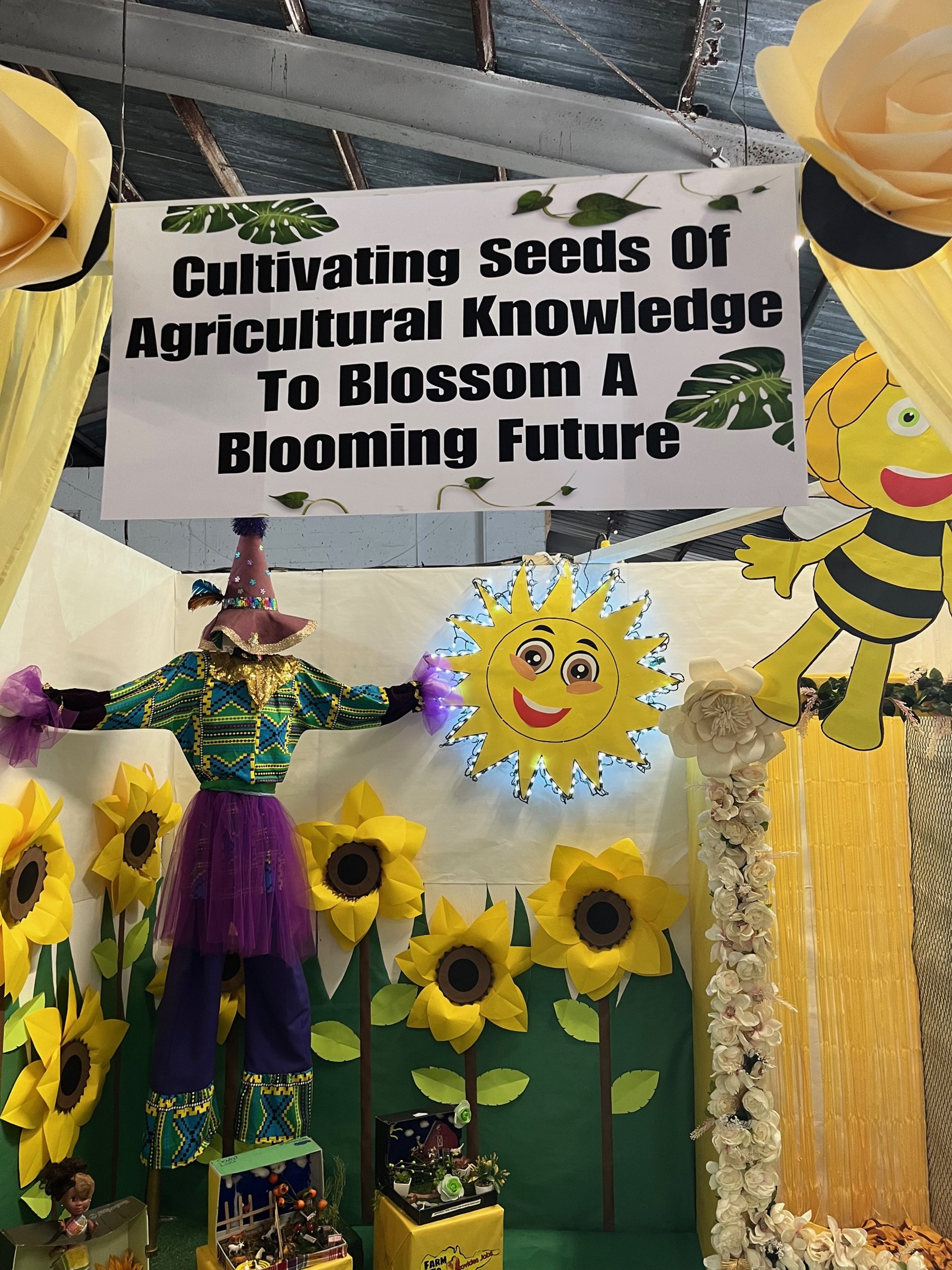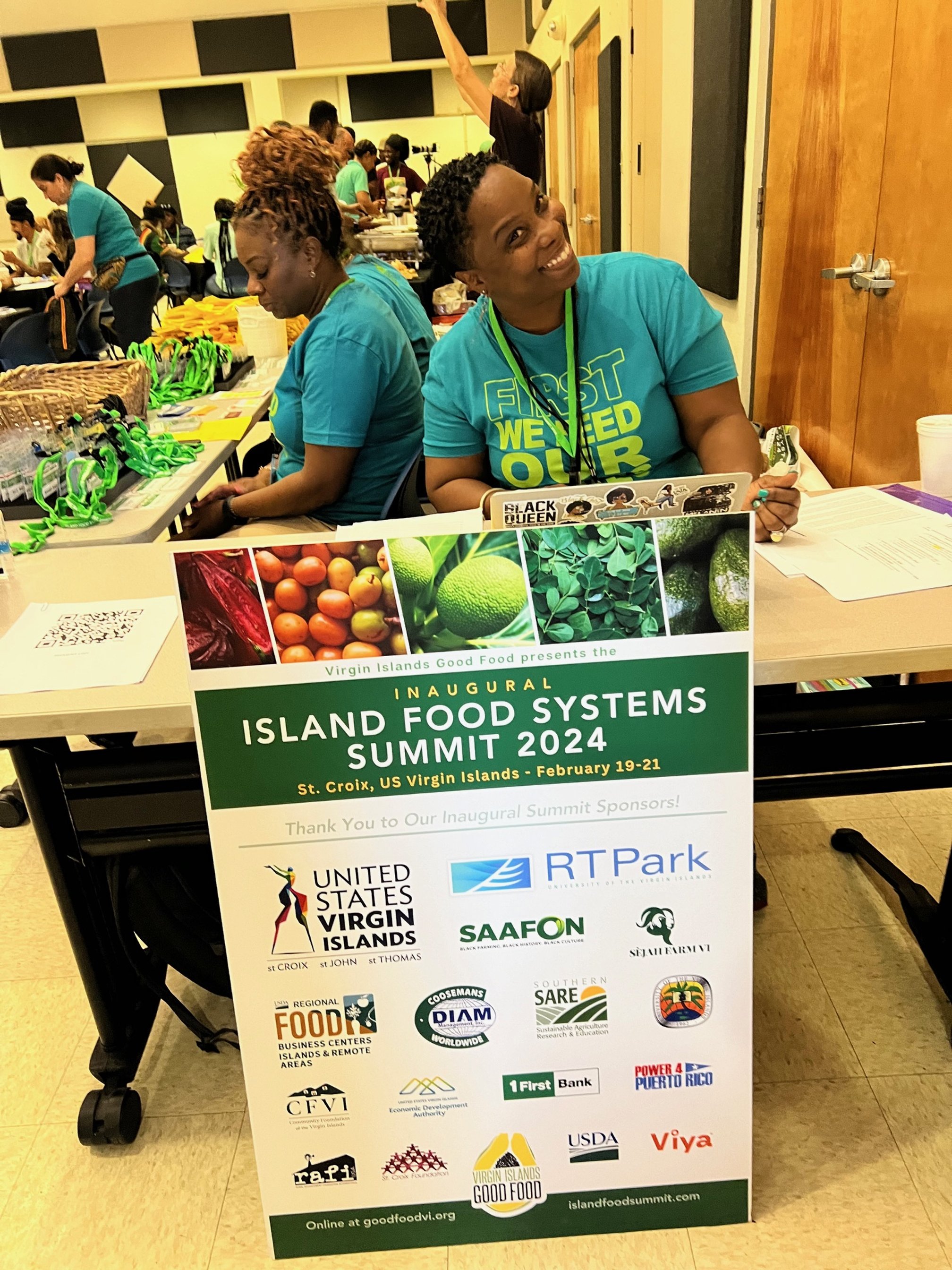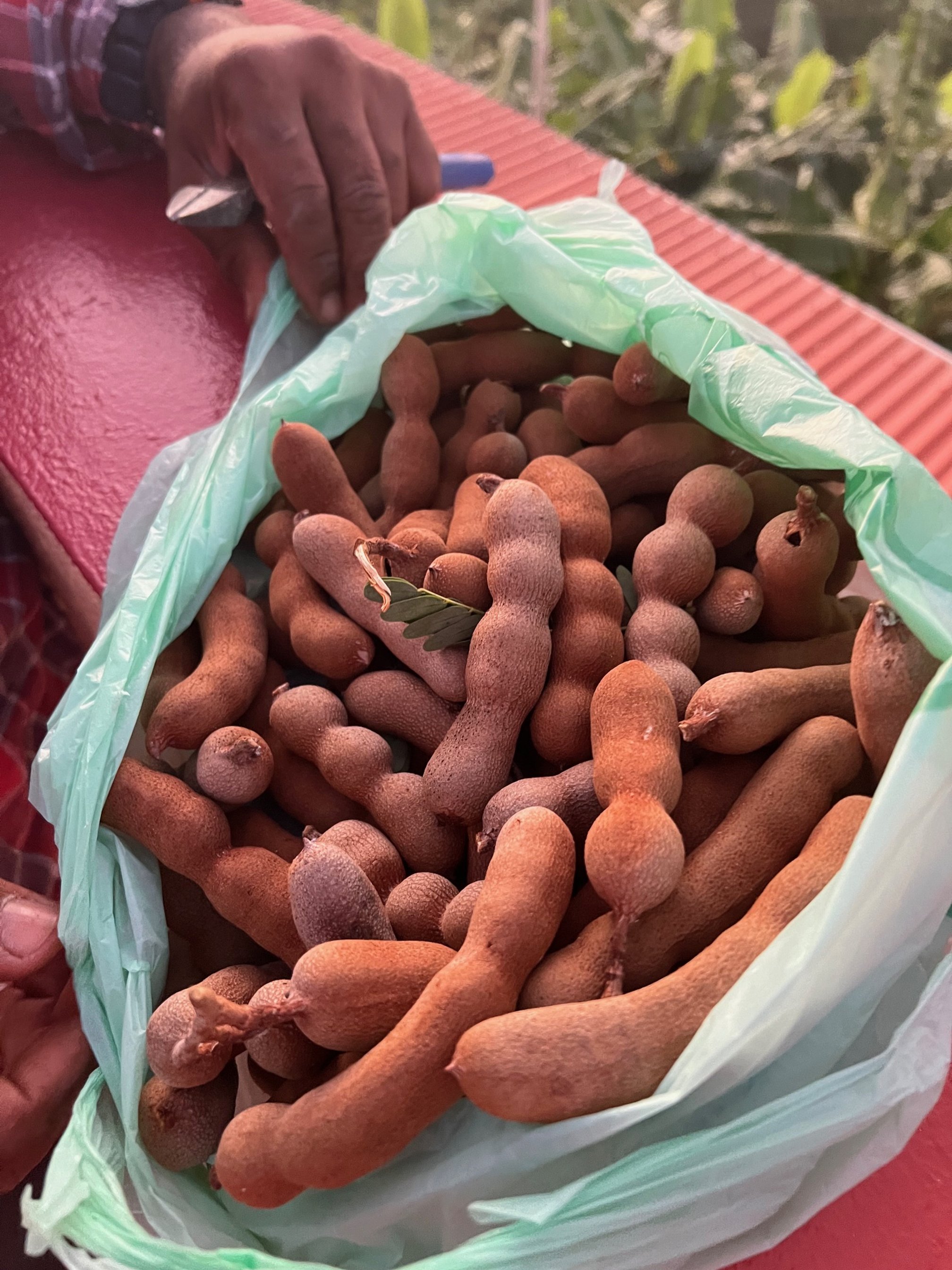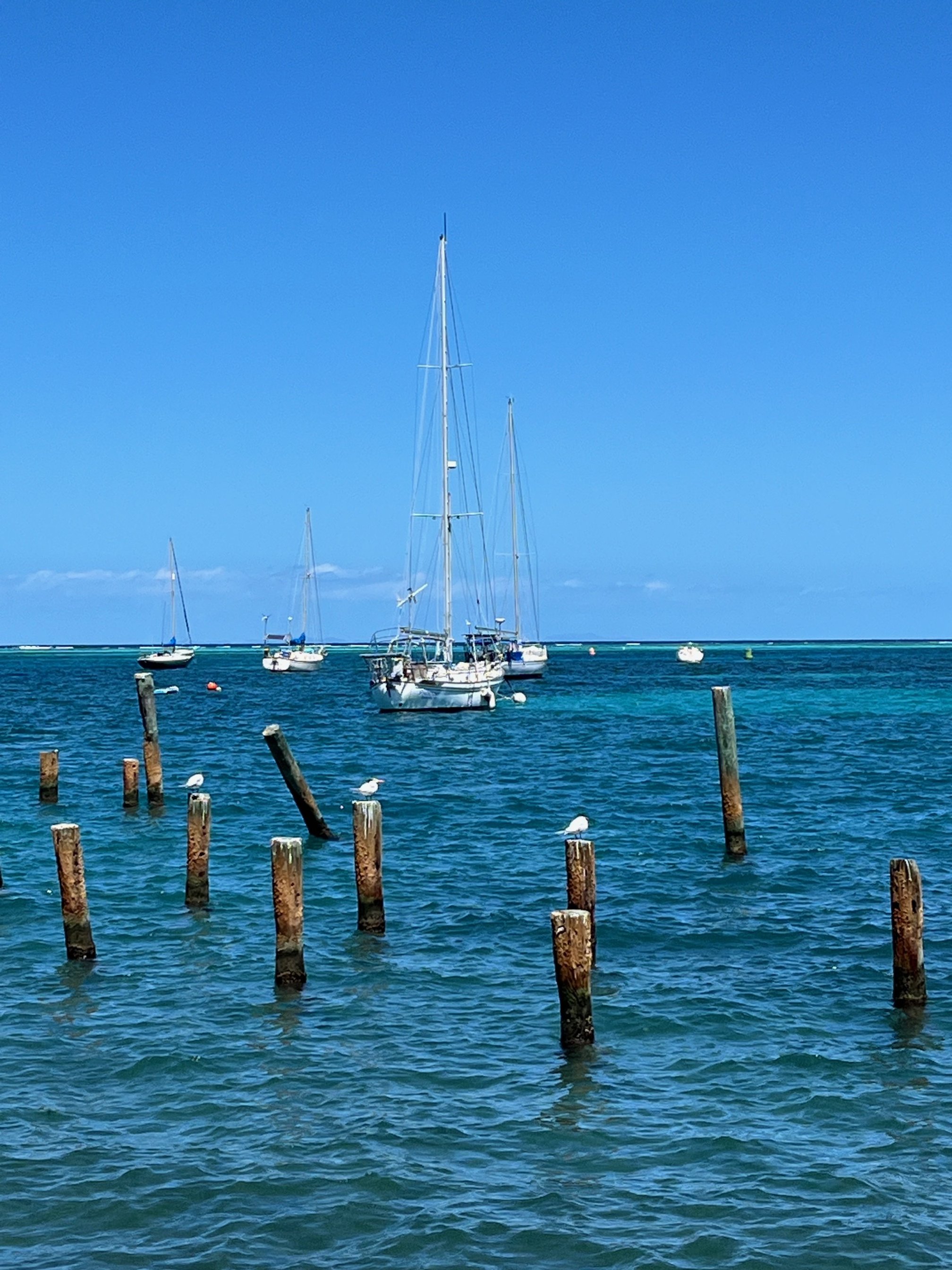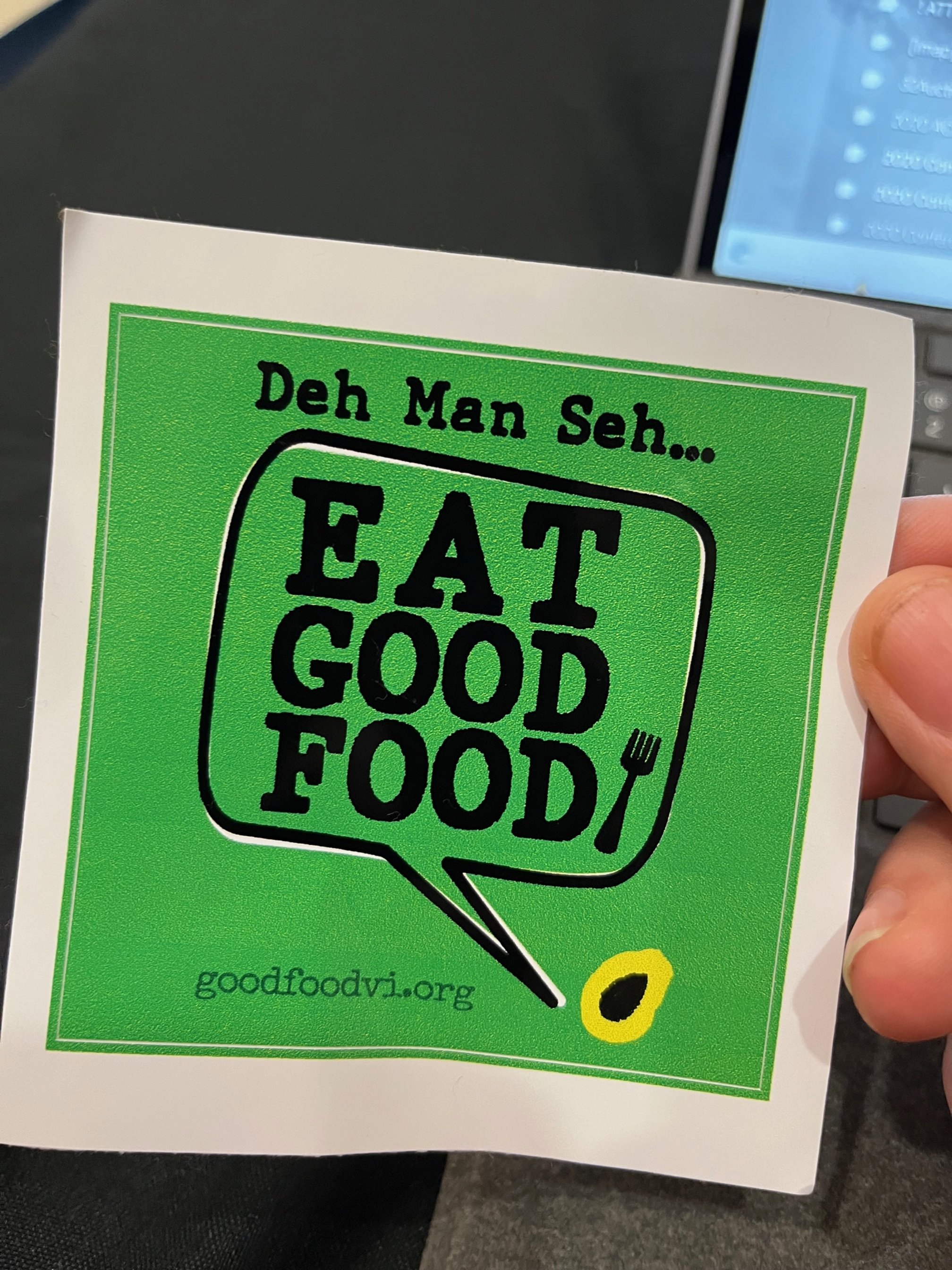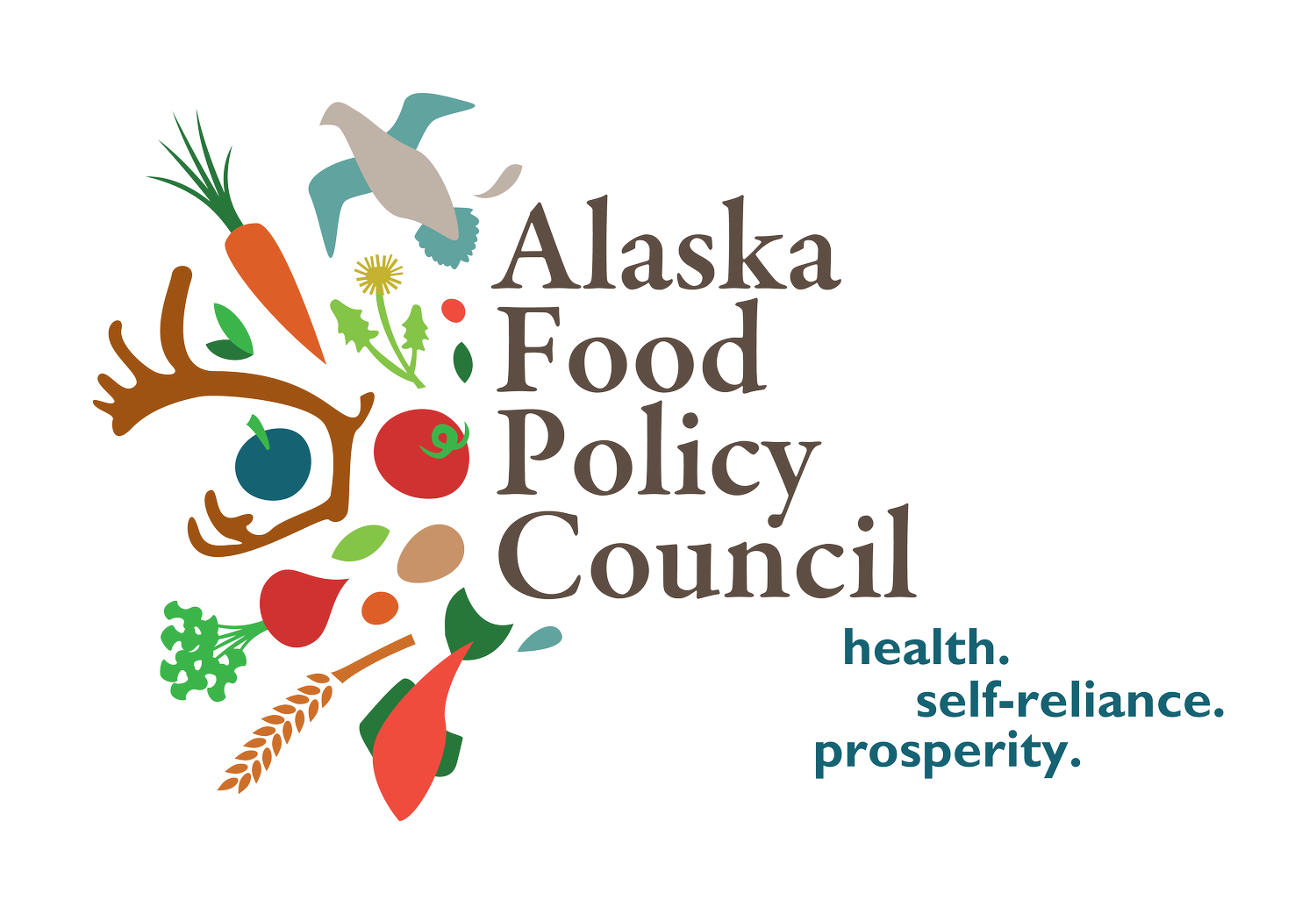Relationships, Resources & Resilience: Building Community with the US Virgin Islands
by Robbi Mixon, AFPC Executive Director/ Regional Food Business Center Co-Director
We are currently in our planning year for the Islands & Remote Areas Regional Food Business Center, spending time deliberately identifying goals and strategies for assisting food producers and businesses, including reviewing various reports, plans and needs assessments. We are also spending time sharing with our project partners in other regions and listening to their farmers’ and food producers’ needs, barriers, challenges, and successes.
This past February, fresh off the heels of Food Security Fly-in Week in Juneau, I had the honor of traveling with other Islands & Remote Areas Regional Food Business Center partners to St. Croix, USVI, to attend the 52nd AgriFest and to support the Virgin Islands Good Food’s inaugural Island Food System Summit.
Agrifest- the largest agricultural event in the territory, was a celebration of the senses - incredible local produce and livestock, prepared foods around every corner, local crafts, performances, outreach information, and a tremendous sense of community. I think my favorite part of the experience was learning from the farmers and support organizations about their visions for the islands’ food systems, which carried over into the Summit.
The Inaugural Island Food Systems Summit brought “together leaders and partners throughout the territory, Caribbean, and US mainland who are working towards the development of a sustainable food system in the US Virgin Islands. The Island Food Systems Summit seeks to amplify and center the voices and experiences of Virgin Islands farmers, front line workers, and allies as we aim to:
to bring awareness, understanding and networking across the various programs and projects;
to increase knowledge and relationships across diverse funding providers;
to increase opportunities to center front line workers to engage in important conversations that impact agriculture and the environment; and
to determine opportunities for collaboration across the Caribbean.”
“The water does not divide, it connects.”
Kaiulani Odom (Hawaii), Tricia Kovacs (Washington DC/ USDA), Frances Lausell (Puerto Rico), Sommer Sibilly-Brown (US Virgin Islands), Robbi Mixon (Alaska), Harmonee Willams (Hawaii)
As I spent more time in St. Croix, witnessing its land, people, and culture, it became clear that Alaska had more in common with this area, and our other island project partners, than we had differences. Alaska functions as an island in many ways, with 86% of its communities located off the road system- our divisions are created by lands. Food systems logistics are complicated and expensive. But in each area, dedicated people are working to redefine their food systems, from the community up.
I was honored to contribute to the conversation, as a panelist during a Plenary Session titled "Cultivating Success: Establishing A Regional Food Business Center," representing AFPC’s Alaska subregion. The session delved into the significance of establishing a robust Regional Food Business Center and showcased our collaboration with partners like the US Virgin Islands Good Food Coalition, Hawai‘i Good Food Alliance, Puerto Rico-based Alliance for Agriculture, and Guåhan Sustainable Culture. The focus was on how these Regional Food Business Centers can drive economic development, support local agriculture, and enhance community resilience. By working together with partners in Alaska and beyond, we can build sustainable and thriving local food systems.
The video shared here is from the Summit Welcome event, and features the USVI Good Food Coalition Executive Director, Sommer Sibilly-Brown.
Learn more:
U.S. Virgin Islands Good Food Coalition is dedicated to promoting local food systems by connecting food producers, distributors, and consumers. They ensure access to fresh, nutritious, locally grown produce through farmers' markets, educational programs, and partnerships with restaurants and grocery stores. Their efforts promote healthier lifestyles, support the islands' economy, and preserve culinary heritage.
